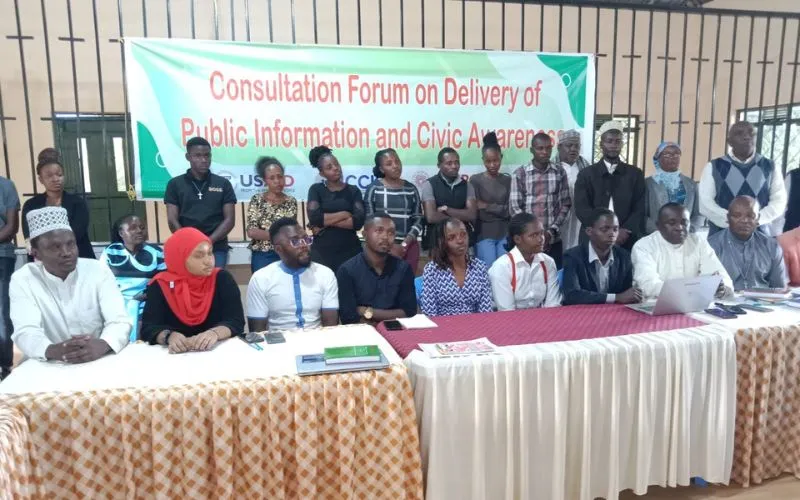Nairobi, 19 September, 2024 / 10:38 pm (ACI Africa).
Religious leaders drawn from Kenya’s Makueni County have, in a joint meeting with youth representatives in the East African country, decried the government’s inaction following reported killings during the country’s youth-led anti-government protests in May.
In their Tuesday, September 17 meeting, the leaders, who include representatives of the Kenya Conference of Catholic Bishops (KCCB), the National Council of Churches of Kenya (NCCK), and the Supreme Council of Kenya Muslims (SUPKEM) said that the voice of the youths, who represent a significant percentage of the country’s population, has remained ignored.
“The youth of this country make up at least 30 percent of the citizens in the country. In Makueni County, youth population makes up 34 percent of the county residents,” the religious leaders and the youths said in a statement following the meeting that was held at the Augustinian Monastery in Wote Catholic Diocese.
“This cohort is affected by most of the challenges facing the citizens, ranging from employment, poor quality education, drug abuse, and crime, among others,” they said, adding, “It is therefore of critical importance that the youth be listened to when they are expressing themselves.”
Referring to the antigovernment protests where some youths were killed and others abducted, the religious and youth representatives demanded accountability, stating, “We call for justice for those killed and abducted during the protests. Violence must be avoided when dealing with crises.”





